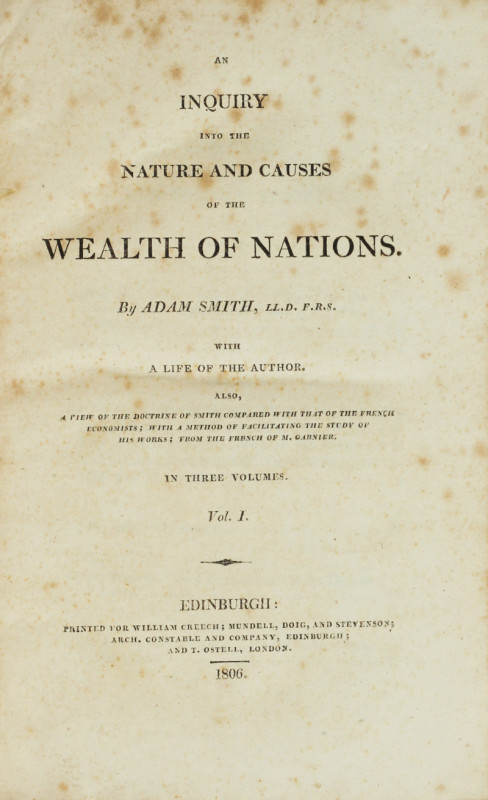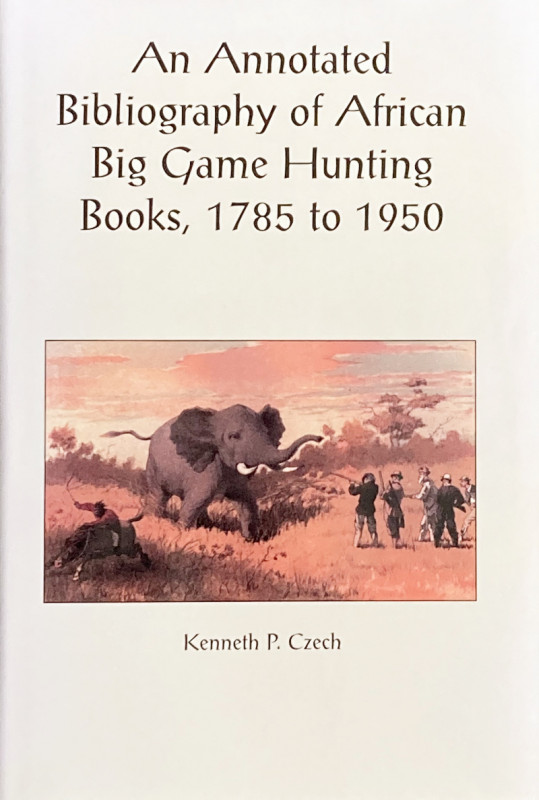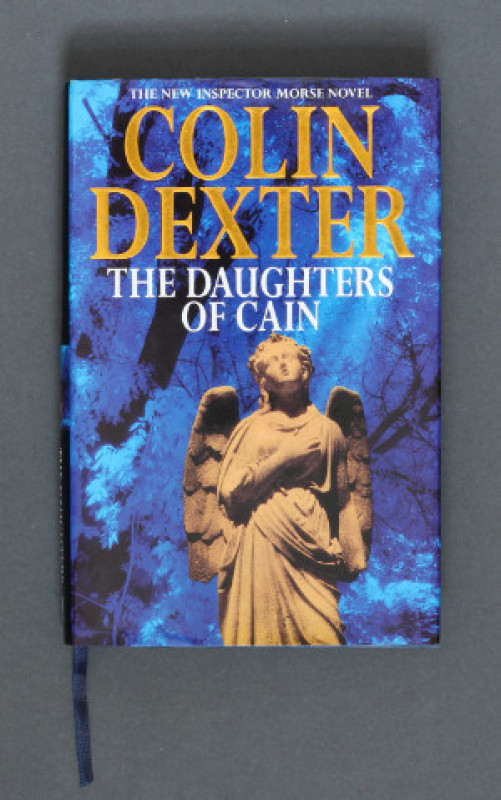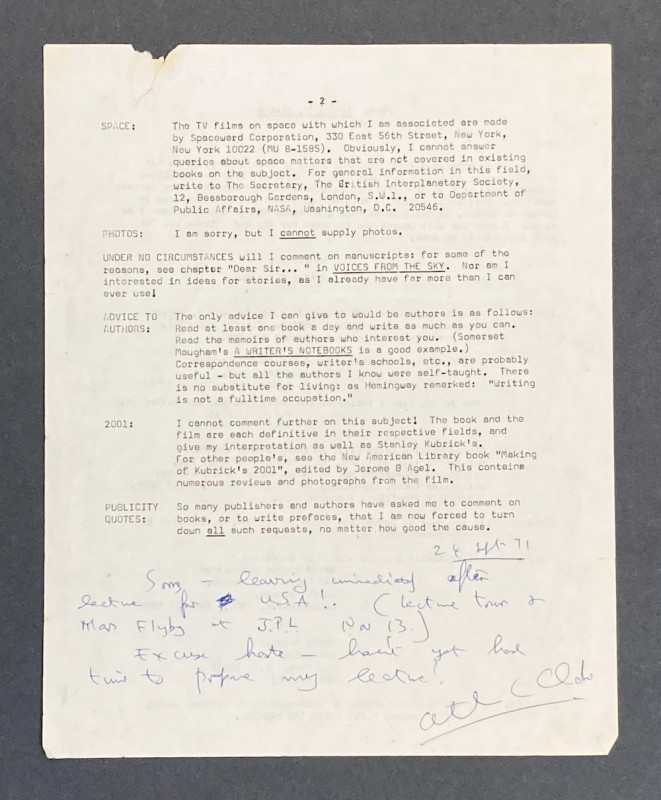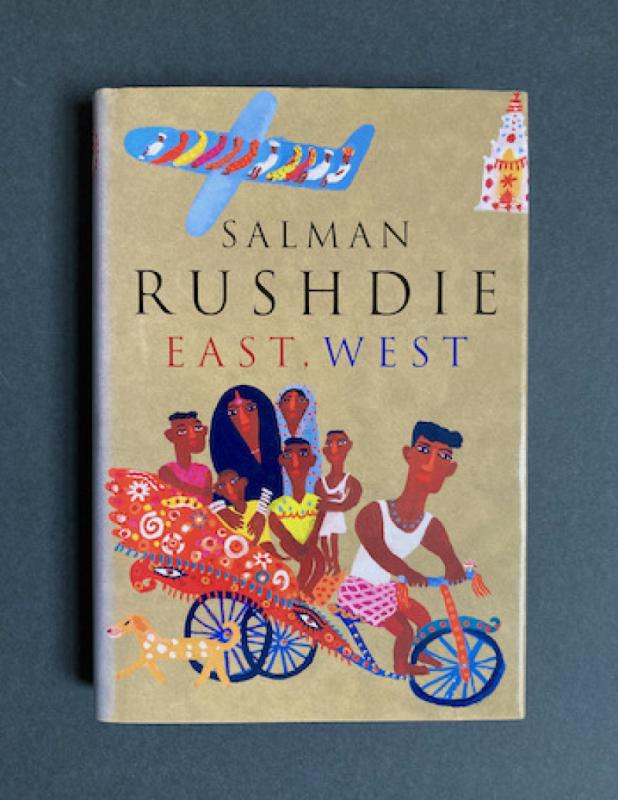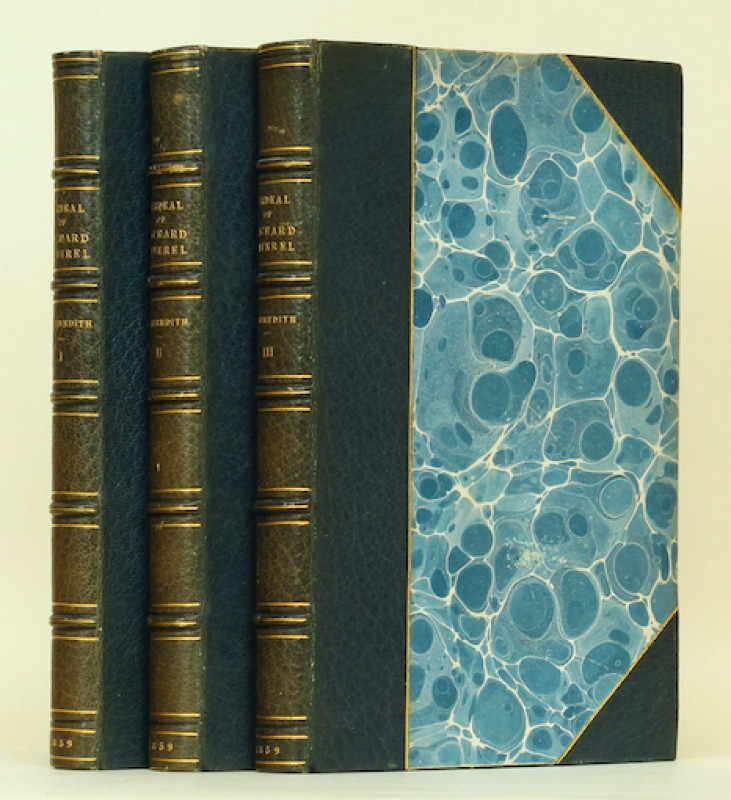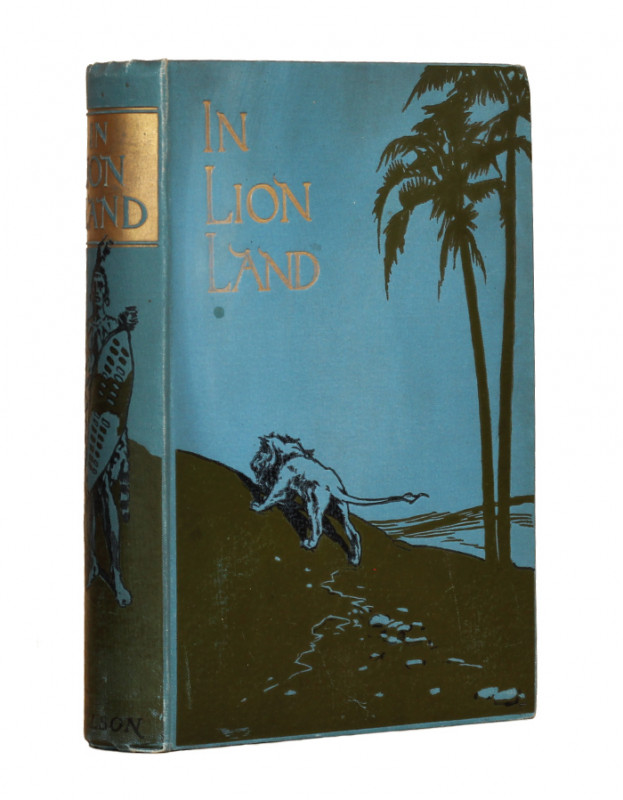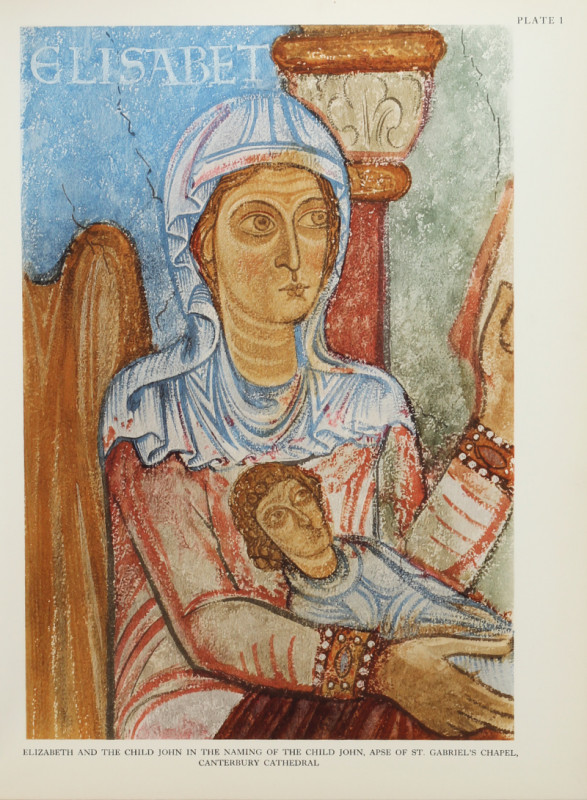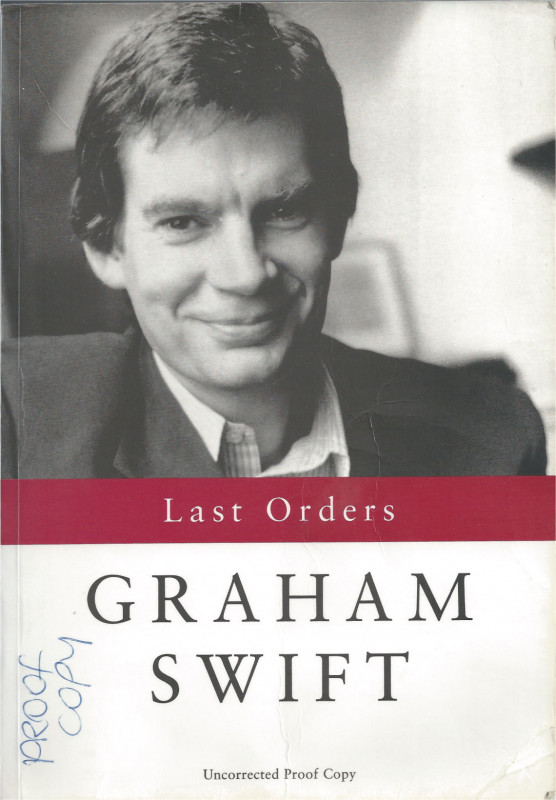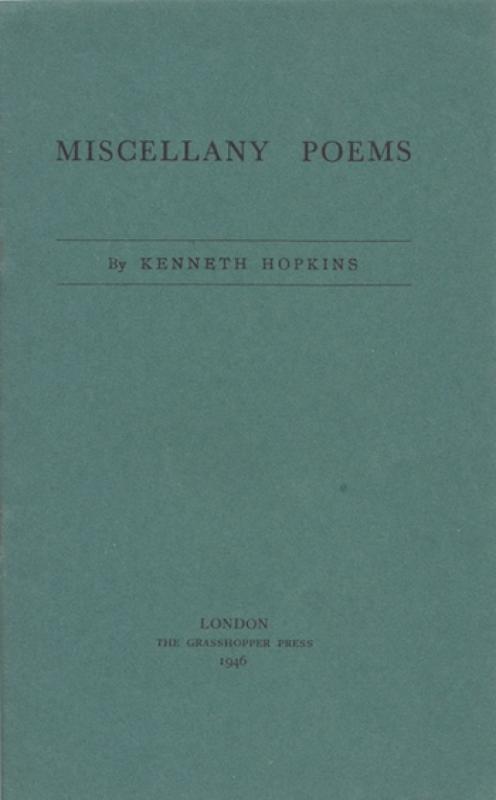An Inquiry into the Nature and Causes of the Wealth of Nations …
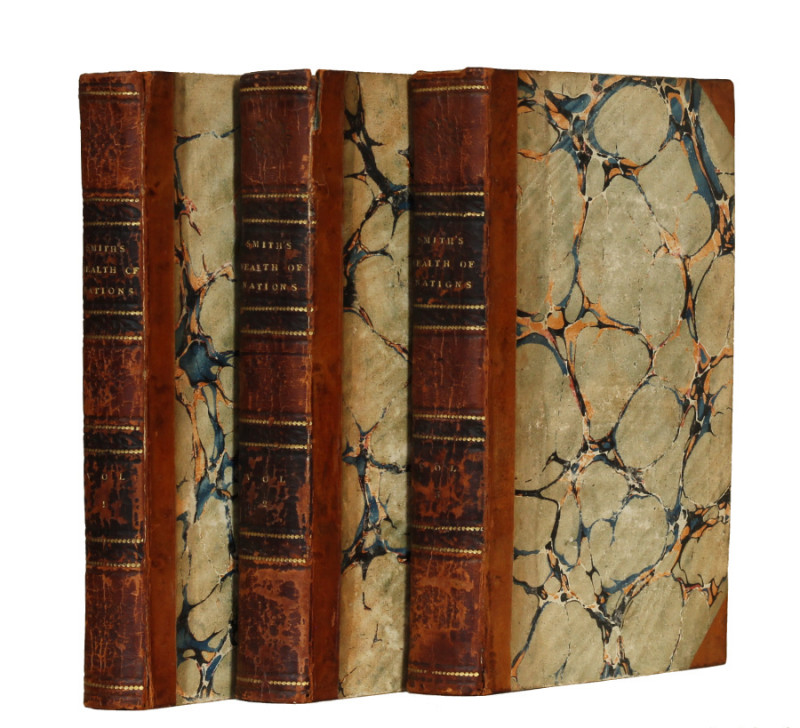
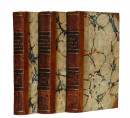


Book Description
A WORK WHICH ‘HAD NO RIVAL IN SCOPE OR DEPTH WHEN PUBLISHED’ AND HAS ‘ACHIEVED CLASSIC STATUS’, IN A FORMAT WHICH WAS ‘COPIED BY MANY EDITIONS THROUGH TO 1820’
Full title: An Inquiry into the Nature and Causes of the Wealth of Nations … With a Life of the Author. Also, A View of the Doctrine of Smith Compared with that of the French Economists; with a Method of Facilitating the Study of his Works; from the French of M. Garnier
3 volumes, octavo (207 x 131mm), pp. I: [i]-v (title, verso blank, contents), [1 (blank)], [i]-xxxiii (‘Life of Dr. Adam Smith’), [1 (blank, verso of inserted l. ‘c*’)], [xxxiii (sic)]-xlvi (‘A Short View of the Doctrine of Smith’), xlviii-lxiii (‘Method of Facilitating the Study of Dr. Smith’s Work’), [1 (blank)], [1]-360; II [i]-vi (title, verso blank, contents), [1]-512, [4 (‘Appendix’)]; III: [i]-v (title, verso blank, contents), [1 (blank)], [1]-448, [50 (index)]. Letterpress tables in the text, some full-page. (Some light spotting, browning, and occasional ink- or scorch-marks, ll. III, R1 and R4 with paper flaws, the former slightly affecting text.) Contemporary half calf over marbled boards, spines gilt in compartments, gilt leather lettering-pieces in 2, others decorated in blind with central stamp, all edges speckled. (Slight rubbing, causing superficial losses on spines, corners slightly bumped, some cracking on joints.) A very good set. Provenance: occasional pencil markings and neat corrections in ink by an early hand – [?]mid-19th-century bookseller’s pencilled price of 6s. 6d. on vol. I upper pastedown – ‘?1st Edition HV’ (pencil annotation on vol. I front free endpaper by the Welsh writer, historian, and bibliographer Herbert Millingchamp Vaughan (1870-1948), a kinsman of the present owner, incorrectly suggesting that this set might be a first edition of Smith’s work).
Full title: An Inquiry into the Nature and Causes of the Wealth of Nations … With a Life of the Author. Also, A View of the Doctrine of Smith Compared with that of the French Economists; with a Method of Facilitating the Study of his Works; from the French of M. Garnier
3 volumes, octavo (207 x 131mm), pp. I: [i]-v (title, verso blank, contents), [1 (blank)], [i]-xxxiii (‘Life of Dr. Adam Smith’), [1 (blank, verso of inserted l. ‘c*’)], [xxxiii (sic)]-xlvi (‘A Short View of the Doctrine of Smith’), xlviii-lxiii (‘Method of Facilitating the Study of Dr. Smith’s Work’), [1 (blank)], [1]-360; II [i]-vi (title, verso blank, contents), [1]-512, [4 (‘Appendix’)]; III: [i]-v (title, verso blank, contents), [1 (blank)], [1]-448, [50 (index)]. Letterpress tables in the text, some full-page. (Some light spotting, browning, and occasional ink- or scorch-marks, ll. III, R1 and R4 with paper flaws, the former slightly affecting text.) Contemporary half calf over marbled boards, spines gilt in compartments, gilt leather lettering-pieces in 2, others decorated in blind with central stamp, all edges speckled. (Slight rubbing, causing superficial losses on spines, corners slightly bumped, some cracking on joints.) A very good set. Provenance: occasional pencil markings and neat corrections in ink by an early hand – [?]mid-19th-century bookseller’s pencilled price of 6s. 6d. on vol. I upper pastedown – ‘?1st Edition HV’ (pencil annotation on vol. I front free endpaper by the Welsh writer, historian, and bibliographer Herbert Millingchamp Vaughan (1870-1948), a kinsman of the present owner, incorrectly suggesting that this set might be a first edition of Smith’s work).
Dealer Notes
First Creech octavo edition, [?]first issue (vide infra). The political economist and moral philosopher Adam Smith (c. 1723-1790) published the first edition of his Inquiry into the Nature and Causes of the Wealth of Nations in 1776, and it represented the culmination of decades of work on the subject, undertaken while professor of logic and moral philosophy at Glasgow University from 1751 to 1764, and then in the course of three years travelling in continental Europe, as a tutor to the young Duke of Buccleuch at the request of his stepfather, the politician Charles Townshend. During his travels Smith met Voltaire, d’Alembert, Mirabeau, Turgot, and other philosophes, and, on his return from the continent, Smith spent some months in London working for Townshend (who was Chatham’s Chancellor of the Exchequer at the time), and gathering data for the Wealth of Nations, which was published on 9 March 1776 by W. Strahan and T. Cadell (although no printing records are known to survive, Tribe notes that ‘it is probable that the press run was either 500 or 750 copies’, p. 19). Smith’s magnum opus ‘had no rival in scope or depth when published and is still one of the few works in its field to have achieved classic status, meaning simply that it has sustained yet survived repeated reading, critical and adulatory, long after the circumstances which prompted it have become the object of historical enquiry’ (ODNB).
PMM characterises the historic of economic thought before 1800 as divided into two phases, the first of which was ‘the mercantilist phase which was based not so much on a doctrine as on a system of practice which grew out of social conditions’ (J. Carter and P.H. Muir, Printing and the Mind of Man (London and New York, 1967), no. 221). This was followed by a second phase ‘which saw the development of the theory that the individual had the right to be unimpeded in the exercise of economic activity’, and Wealth of Nations was ‘the first major expression’ of the latter theory. Smith ‘begins with the thought that labour is the source from which a nation derives what is necessary to it. The improvement of the division of labour is the measure of productivity and in it lies the human propensity to barter and exchange [...]. Labour represents the three essential elements – wages, profit and rent – and these three also constitute income. From the working of the economy, Smith passes to its own matter – “stock” – which compasses all that man owns either for his own consumption or for the return which it brings him. The Wealth of Nations ends with a history of economic development, a definitive onslaught on the mercantile system, and some prophetic speculations on the limits of economic control. Where the political aspects of human rights had taken two centuries to explore, Smith’s achievement was to bring the study of economic aspects to the same point in a single work. The Wealth of Nations is not a system, but as a provisional analysis it is completely convincing. The certainty of its criticism and its grasp of human nature have made it the first and greatest classic of modern economic thought’ (loc. cit.).
Strahan and Cadell published four further editions incorporating revisions and corrections in Smith’s lifetime – in 1778, 1784 (the first in three volumes, a format which Strahan and Cadell would continue to use for subsequent editions), 1786, and 1789 – and the firm and its successors then issued five further editions before the 28-year period of statutory copyright expired in 1804, comprising the sixth (1791), seventh (1793), eighth (1796), ninth (1799), and tenth (1802). Due to the work’s popularity and commercial success, it is unsurprising that the end of legal protection saw four new editions appear in 1805, including T. Cadell and W. Davies’s ‘eleventh edition’, which included ‘Notes, Supplementary Chapters, and a Life of Dr. Smith, by William Playfair’, and was intended to convey the impression that they continued to be the publishers of the standard and most authoritative text of Wealth of Nations.
This ambition was, however, undermined by Playfair’s ‘real lack of competence’ (Tribe, p. 34), which was evident to many informed readers – among them the political economist T.R. Malthus, who had been shown drafts of Playfair’s notes to the text and wrote to Cadell and Davies that ‘some of the notes appear to have merit, others not, and some of the most important points are not discussed at all’ (quoted in Tribe, p. 30). Once the text was published, the politician and political economist Francis Horner reviewed it in damning terms: ‘[i]n the whole course of our literary inquisition, we have not met with an instance so discreditable to the English press, as this edition of the Wealth of Nations. It may be given as a specimen of the most presumptuous book-making. The editor proves himself quite ignorant of his author, and of the science on which that author wrote [...]. We shall say no more of this publication, except to express our surprise that it should have appeared with the name of so respectable a bookseller; who, having had the original property of this immortal work, might have been expected to feel some tenderness and veneration for its fame’ (Edinburgh Review, vol. VII (1806), pp. 470-471).
The other three editions of Wealth of Nations which were published in 1805 were a two-volume edition published in London by Greenland and Norris; a four-volume edition published in Glasgow by R. Chapman; and a three-volume edition ‘Comprehending a Life of the Author, and a View of the Doctrine of Smith, Compared with that of the French Economists’ published in Glasgow ‘at the University press, printed by and for J. & J. Scrymgeour, and for Mundell & Son, and Arch. Constable & Co. Edinburgh’. Tribe judges that the last of these was ‘the most significant, since it contained a translation of [comte Germain] Garnier’s “Comparative View” and “Method” from his 1802 French edition, together with a “Life of the Author”. This set the overall pattern for subsequent editions – three volumes, without editorial notes, prefaced by a life of Smith and including Garnier’s two essays’ (p. 35), and this structure was adopted for the present edition published by Creech in Edinburgh, in collaboration with the Scrymgeours’ two associates and the London publisher Ostell.
The publisher William Creech of Edinburgh had a long-standing commercial association with Strahan and Cadell, and ‘in 1776 Adam Smith’s Wealth of Nations [...] was advertised in the Edinburgh newspapers by Creech as if he were its publisher, even though the imprint contains only the names of Strahan and Cadell; other evidence seems to corroborate Creech’s involvement’ (R.B. Sher, The Enlightenment & the Book (Chicago, IL, 2006), p. 340). In fact, Creech did co-publish the first edition of Wealth of Nations, and a small number of sets were issued with cancelled title-pages bearing the imprint ‘London: printed for W. Strahan; and T. Cadell, in the Strand; and W. Creech, at Edinburgh. MDCCLXXVI’ are known (cf. ESTC N505134). This first octavo edition of Wealth of Nations published by Creech is known in two issues: one issue (as here) has five preliminary pages, comprising the title-page (watermarked ‘1805’ in this copy) and contents (all paginated in lower-case Roman numerals), before the ‘Life of Dr. Adam Smith’. The other issue appears to have a bifolium inserted after the title, paginated [3]-6 in Arabic numerals and containing Smith’s ‘Advertisement to the Third Edition’ and ‘Advertisement to the Fourth Edition’, followed by the publisher’s ‘Advertisement to the Present Edition’ (see, for example, the New York Public Library’s set 8-TC). These three advertisements are not mentioned in the table of contents, and Tribe (who does not identify the present issue) comments that ‘[t]here is some irregularity in the numbering of the frontmatter to this edition that persists in later editions’, suggesting that the issue without the advertisements might be the earlier of the two (it is also possible that the additional bifolium is only found in copies issued by one or more of the four publishers who collaborated on this edition).
The publisher’s ‘Advertisement to the Present Edition’ found in the other issue states that a new ‘Account of the Life of the Author has been drawn up; and although it cannot be said that any facts relating to that truly great man are given, in addition to those which have already appeared, yet a more satisfactory account, it is presumed, will now be found of his studies and doctrines, than has been prefixed to any other edition of the Inquiry into the nature and causes of the Wealth of Nations’ (p. [5]). Interestingly, the account of the ‘Life of Dr. Adam Smith’ refers to Playfair’s edition of Wealth of Nations published the previous year, and judges that ‘after the general opinion, which has been so decidedly expressed on that edition of this work, it will not be necessary to say much more, than to observe, that if any favourable expectations were formed relating to it, they most assuredly have not been realized’ (I, p. xxii), before quoting two contemporary reviews in a footnote – although these criticisms ‘were moderated in the subsequent versions by the deletion of [these] footnotes’ (Tribe, p. 35).
While the two translations from Garnier that follow the ‘Life of Dr. Adam Smith’ (‘A Short View of the Doctrine of Smith’ and ‘Method of Facilitating the Study of Dr. Smith’s Work’) are both taken from the Scrymgeours’ 1805 edition, Tribe considers that ‘the format of [Creech’s 1806] edition was the one copied by many editions through to 1820’. The Creech edition proved popular, and ‘it extended to seven subsequent reprintings’ (Tribe, p. 36).
C.J. Bullock, The Vanderblue Memorial Collection of Smithiana (Boston, MA, 1939), p. 14; The Kress Library of Business and Economics: Catalogue 1777-1817, B.5117; K. Tribe, A Critical Bibliography of Adam Smith, 90.
--
Please contact us with any enquiries - or, if you prefer, find and purchase this set on our website: www.typeandforme.com.
PMM characterises the historic of economic thought before 1800 as divided into two phases, the first of which was ‘the mercantilist phase which was based not so much on a doctrine as on a system of practice which grew out of social conditions’ (J. Carter and P.H. Muir, Printing and the Mind of Man (London and New York, 1967), no. 221). This was followed by a second phase ‘which saw the development of the theory that the individual had the right to be unimpeded in the exercise of economic activity’, and Wealth of Nations was ‘the first major expression’ of the latter theory. Smith ‘begins with the thought that labour is the source from which a nation derives what is necessary to it. The improvement of the division of labour is the measure of productivity and in it lies the human propensity to barter and exchange [...]. Labour represents the three essential elements – wages, profit and rent – and these three also constitute income. From the working of the economy, Smith passes to its own matter – “stock” – which compasses all that man owns either for his own consumption or for the return which it brings him. The Wealth of Nations ends with a history of economic development, a definitive onslaught on the mercantile system, and some prophetic speculations on the limits of economic control. Where the political aspects of human rights had taken two centuries to explore, Smith’s achievement was to bring the study of economic aspects to the same point in a single work. The Wealth of Nations is not a system, but as a provisional analysis it is completely convincing. The certainty of its criticism and its grasp of human nature have made it the first and greatest classic of modern economic thought’ (loc. cit.).
Strahan and Cadell published four further editions incorporating revisions and corrections in Smith’s lifetime – in 1778, 1784 (the first in three volumes, a format which Strahan and Cadell would continue to use for subsequent editions), 1786, and 1789 – and the firm and its successors then issued five further editions before the 28-year period of statutory copyright expired in 1804, comprising the sixth (1791), seventh (1793), eighth (1796), ninth (1799), and tenth (1802). Due to the work’s popularity and commercial success, it is unsurprising that the end of legal protection saw four new editions appear in 1805, including T. Cadell and W. Davies’s ‘eleventh edition’, which included ‘Notes, Supplementary Chapters, and a Life of Dr. Smith, by William Playfair’, and was intended to convey the impression that they continued to be the publishers of the standard and most authoritative text of Wealth of Nations.
This ambition was, however, undermined by Playfair’s ‘real lack of competence’ (Tribe, p. 34), which was evident to many informed readers – among them the political economist T.R. Malthus, who had been shown drafts of Playfair’s notes to the text and wrote to Cadell and Davies that ‘some of the notes appear to have merit, others not, and some of the most important points are not discussed at all’ (quoted in Tribe, p. 30). Once the text was published, the politician and political economist Francis Horner reviewed it in damning terms: ‘[i]n the whole course of our literary inquisition, we have not met with an instance so discreditable to the English press, as this edition of the Wealth of Nations. It may be given as a specimen of the most presumptuous book-making. The editor proves himself quite ignorant of his author, and of the science on which that author wrote [...]. We shall say no more of this publication, except to express our surprise that it should have appeared with the name of so respectable a bookseller; who, having had the original property of this immortal work, might have been expected to feel some tenderness and veneration for its fame’ (Edinburgh Review, vol. VII (1806), pp. 470-471).
The other three editions of Wealth of Nations which were published in 1805 were a two-volume edition published in London by Greenland and Norris; a four-volume edition published in Glasgow by R. Chapman; and a three-volume edition ‘Comprehending a Life of the Author, and a View of the Doctrine of Smith, Compared with that of the French Economists’ published in Glasgow ‘at the University press, printed by and for J. & J. Scrymgeour, and for Mundell & Son, and Arch. Constable & Co. Edinburgh’. Tribe judges that the last of these was ‘the most significant, since it contained a translation of [comte Germain] Garnier’s “Comparative View” and “Method” from his 1802 French edition, together with a “Life of the Author”. This set the overall pattern for subsequent editions – three volumes, without editorial notes, prefaced by a life of Smith and including Garnier’s two essays’ (p. 35), and this structure was adopted for the present edition published by Creech in Edinburgh, in collaboration with the Scrymgeours’ two associates and the London publisher Ostell.
The publisher William Creech of Edinburgh had a long-standing commercial association with Strahan and Cadell, and ‘in 1776 Adam Smith’s Wealth of Nations [...] was advertised in the Edinburgh newspapers by Creech as if he were its publisher, even though the imprint contains only the names of Strahan and Cadell; other evidence seems to corroborate Creech’s involvement’ (R.B. Sher, The Enlightenment & the Book (Chicago, IL, 2006), p. 340). In fact, Creech did co-publish the first edition of Wealth of Nations, and a small number of sets were issued with cancelled title-pages bearing the imprint ‘London: printed for W. Strahan; and T. Cadell, in the Strand; and W. Creech, at Edinburgh. MDCCLXXVI’ are known (cf. ESTC N505134). This first octavo edition of Wealth of Nations published by Creech is known in two issues: one issue (as here) has five preliminary pages, comprising the title-page (watermarked ‘1805’ in this copy) and contents (all paginated in lower-case Roman numerals), before the ‘Life of Dr. Adam Smith’. The other issue appears to have a bifolium inserted after the title, paginated [3]-6 in Arabic numerals and containing Smith’s ‘Advertisement to the Third Edition’ and ‘Advertisement to the Fourth Edition’, followed by the publisher’s ‘Advertisement to the Present Edition’ (see, for example, the New York Public Library’s set 8-TC). These three advertisements are not mentioned in the table of contents, and Tribe (who does not identify the present issue) comments that ‘[t]here is some irregularity in the numbering of the frontmatter to this edition that persists in later editions’, suggesting that the issue without the advertisements might be the earlier of the two (it is also possible that the additional bifolium is only found in copies issued by one or more of the four publishers who collaborated on this edition).
The publisher’s ‘Advertisement to the Present Edition’ found in the other issue states that a new ‘Account of the Life of the Author has been drawn up; and although it cannot be said that any facts relating to that truly great man are given, in addition to those which have already appeared, yet a more satisfactory account, it is presumed, will now be found of his studies and doctrines, than has been prefixed to any other edition of the Inquiry into the nature and causes of the Wealth of Nations’ (p. [5]). Interestingly, the account of the ‘Life of Dr. Adam Smith’ refers to Playfair’s edition of Wealth of Nations published the previous year, and judges that ‘after the general opinion, which has been so decidedly expressed on that edition of this work, it will not be necessary to say much more, than to observe, that if any favourable expectations were formed relating to it, they most assuredly have not been realized’ (I, p. xxii), before quoting two contemporary reviews in a footnote – although these criticisms ‘were moderated in the subsequent versions by the deletion of [these] footnotes’ (Tribe, p. 35).
While the two translations from Garnier that follow the ‘Life of Dr. Adam Smith’ (‘A Short View of the Doctrine of Smith’ and ‘Method of Facilitating the Study of Dr. Smith’s Work’) are both taken from the Scrymgeours’ 1805 edition, Tribe considers that ‘the format of [Creech’s 1806] edition was the one copied by many editions through to 1820’. The Creech edition proved popular, and ‘it extended to seven subsequent reprintings’ (Tribe, p. 36).
C.J. Bullock, The Vanderblue Memorial Collection of Smithiana (Boston, MA, 1939), p. 14; The Kress Library of Business and Economics: Catalogue 1777-1817, B.5117; K. Tribe, A Critical Bibliography of Adam Smith, 90.
--
Please contact us with any enquiries - or, if you prefer, find and purchase this set on our website: www.typeandforme.com.
Author
SMITH, Adam
Date
1806
Publisher
Edinburgh: Mundell and Son (I) and Mundell, Doig, & Stevenson (II-[?]III) for ‘William Creech; Mundell, Doig, and Stevenson; Arch. Constable and Company … ; and T. Ostell, London’
Friends of the PBFA
For £10 get free entry to our fairs, updates from the PBFA and more.
Please email info@pbfa.org for more information
